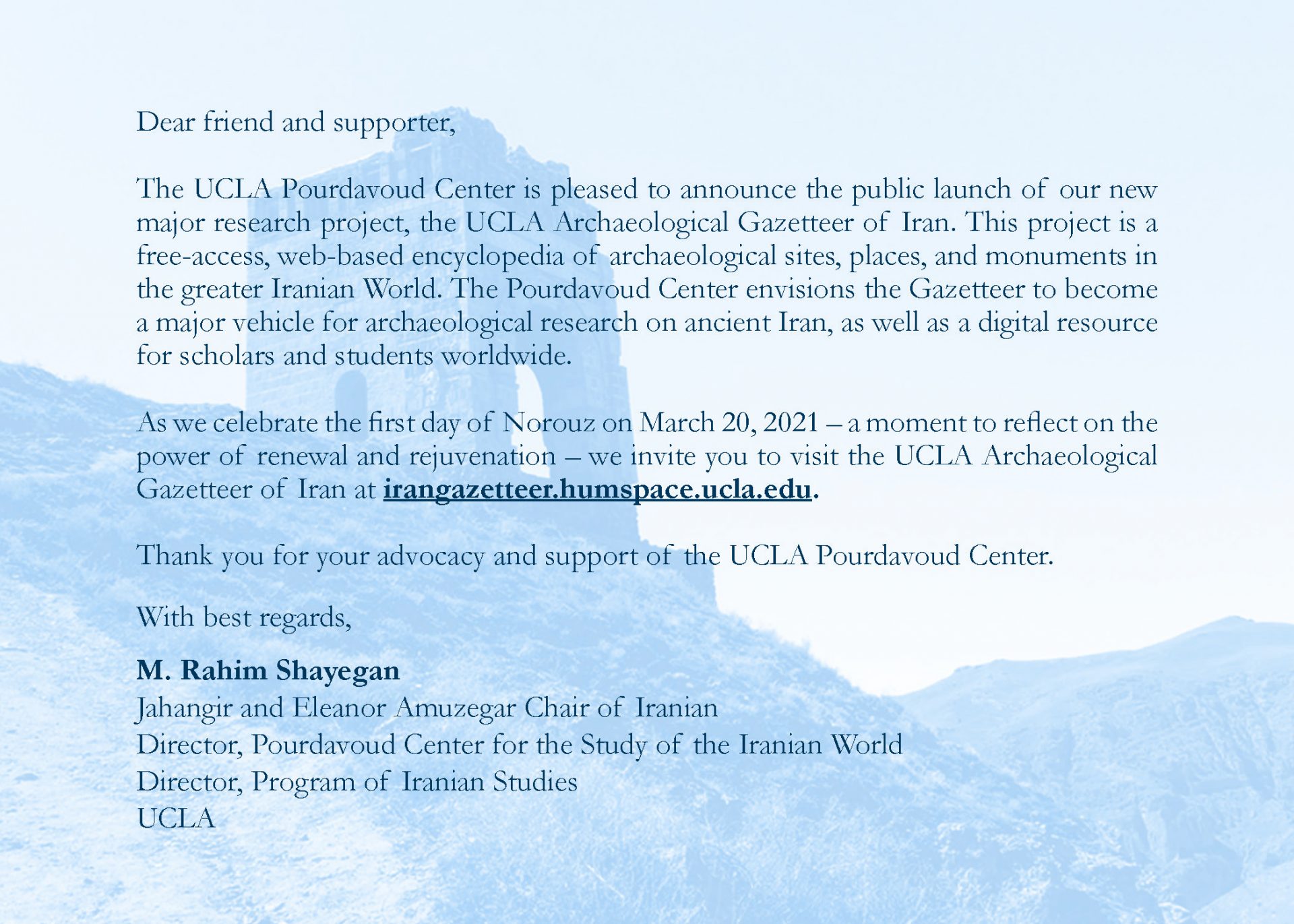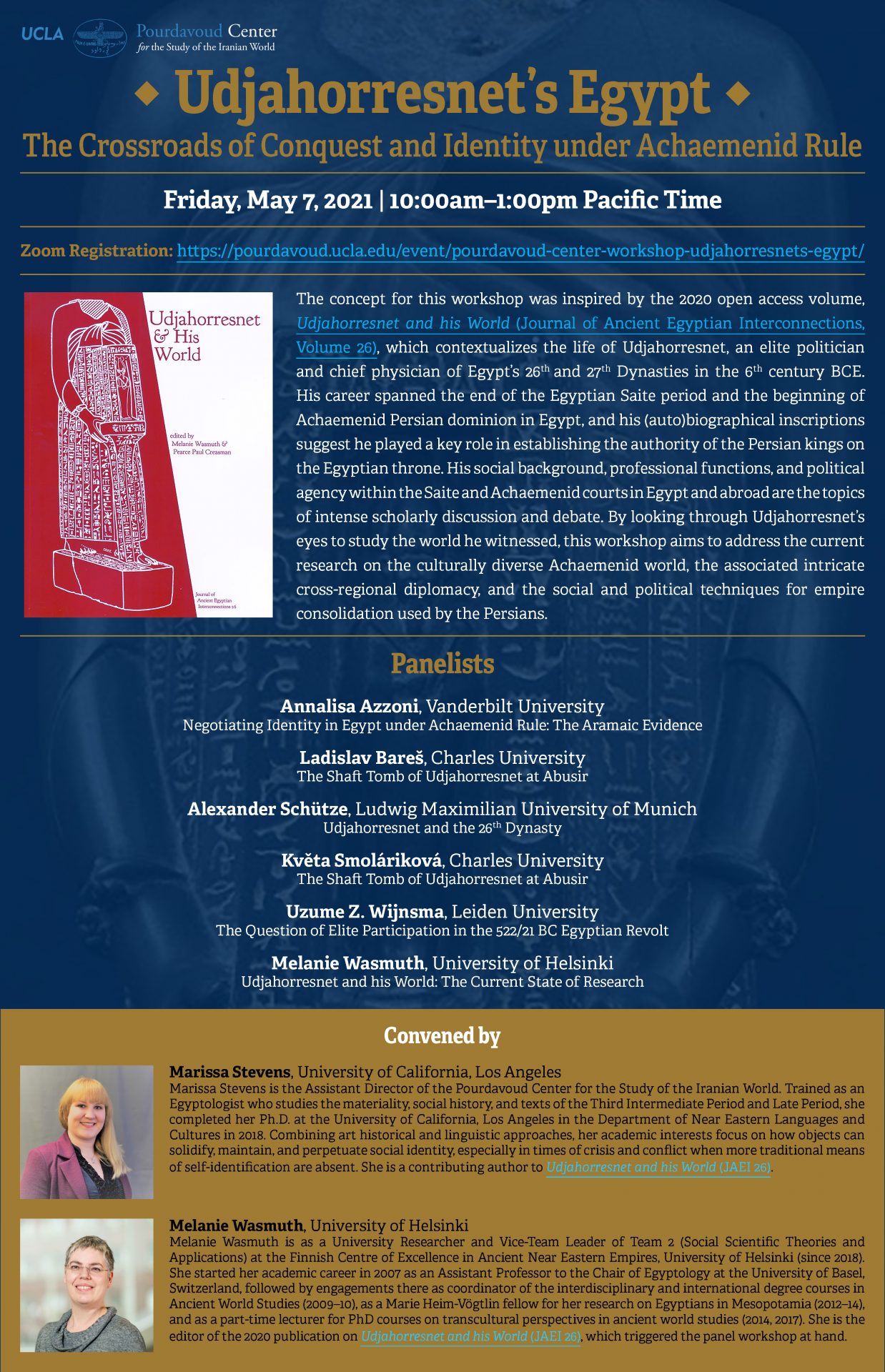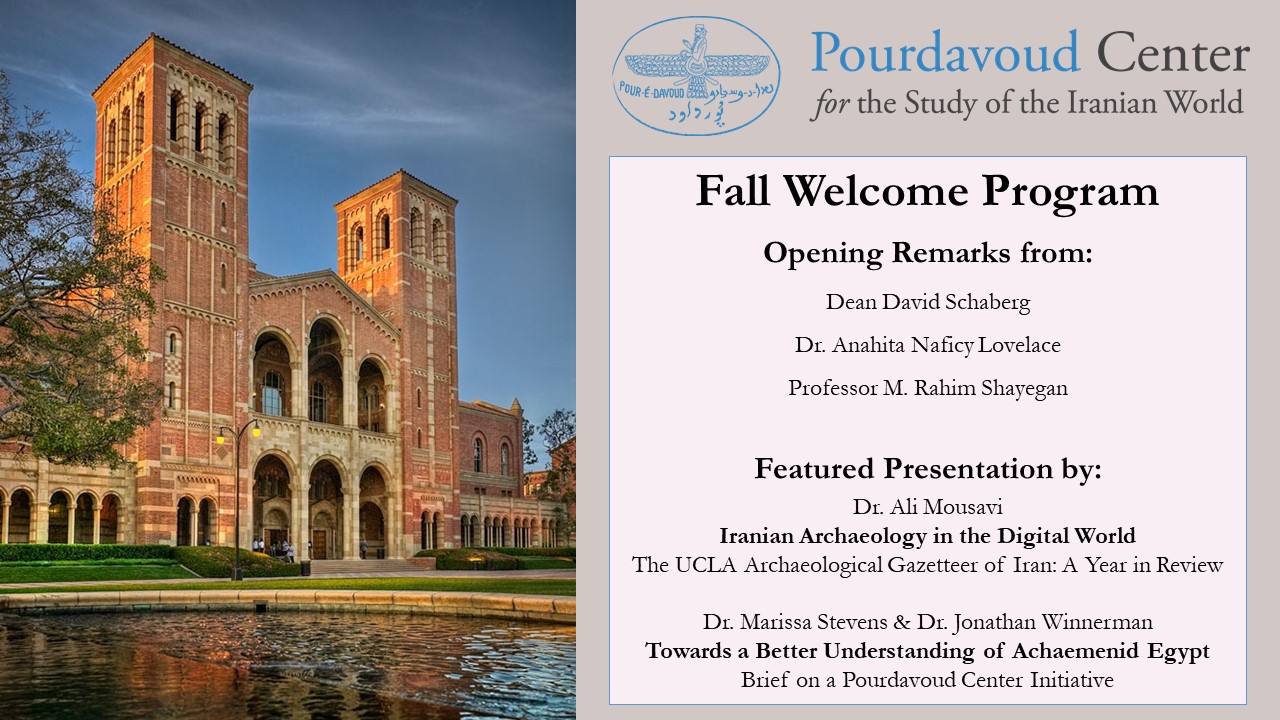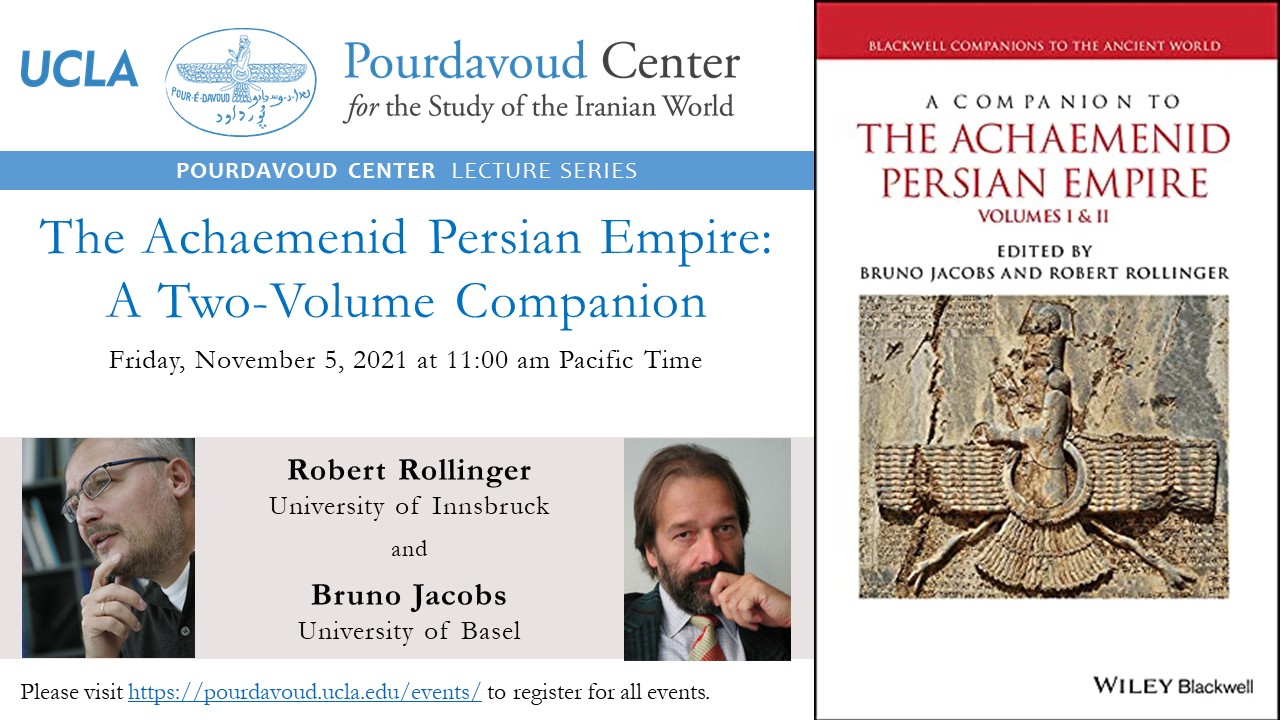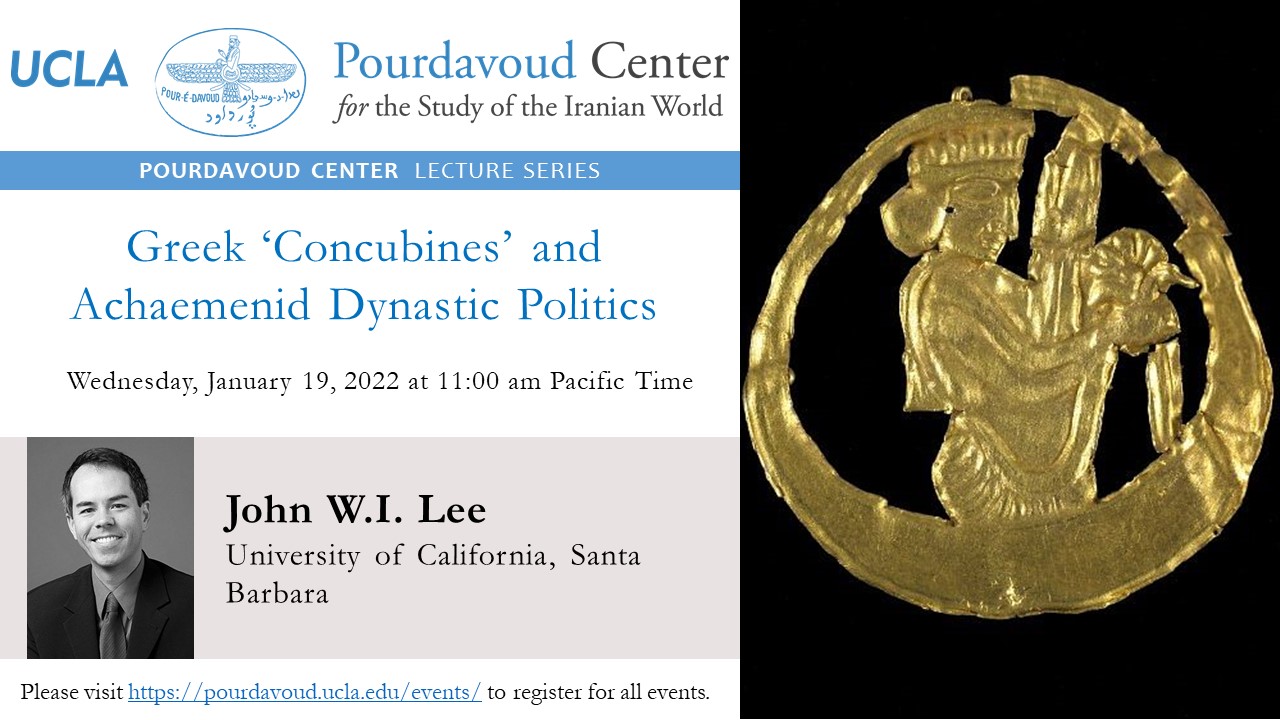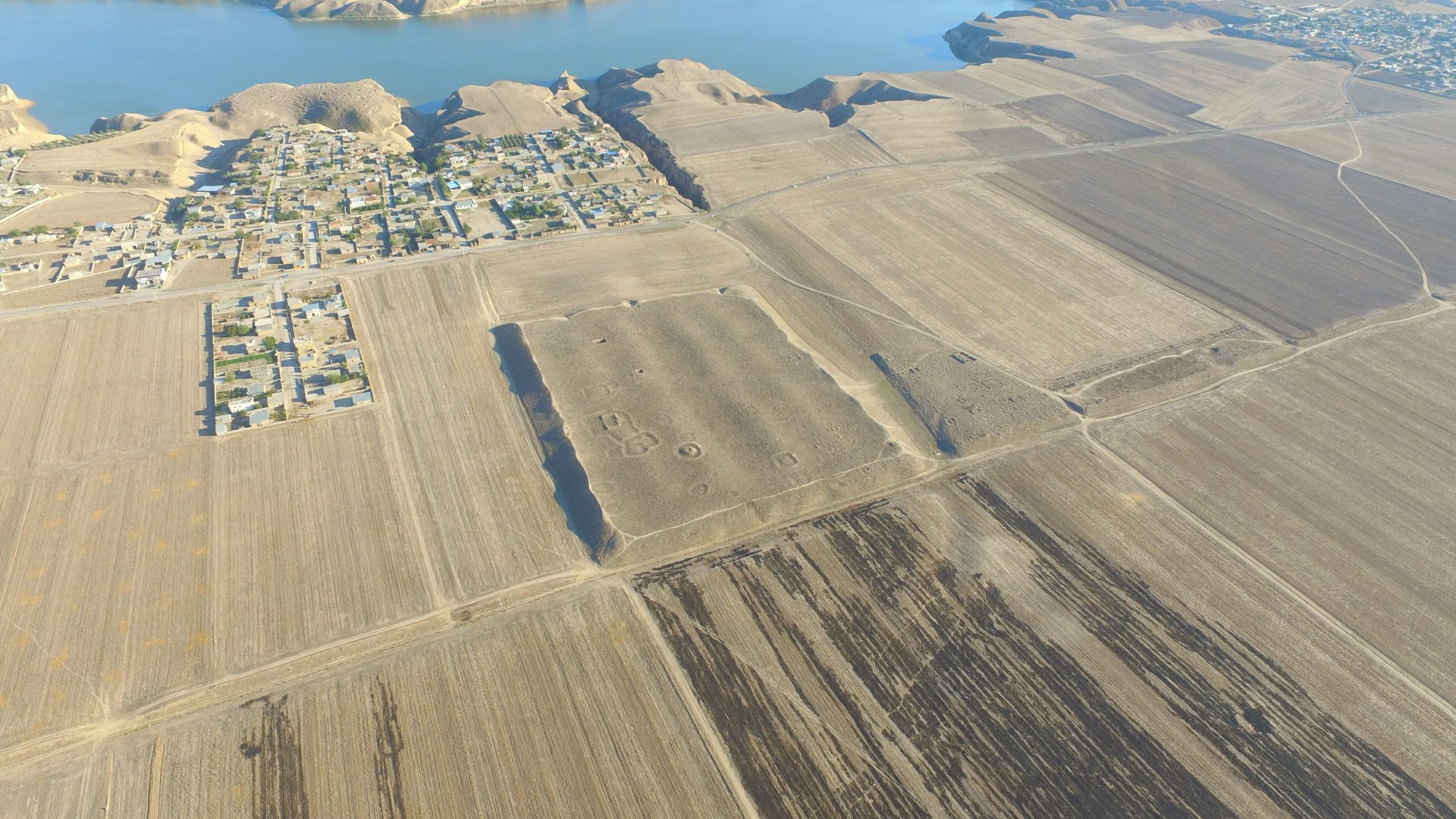Pourdavoud Center Workshop: Current Trends in Manichaeism Studies Day 1
The origin of the Manichaean religion stands at the intersection of multiple cultural worlds: Iranian, Semitic, & Greco-Roman. Its literary and artistic remains enrich our understanding of those cultures and the exchange that went on among them in late antiquity. The scholars assembled for this workshop offer the latest insights obtained from the painstaking work of extracting...


